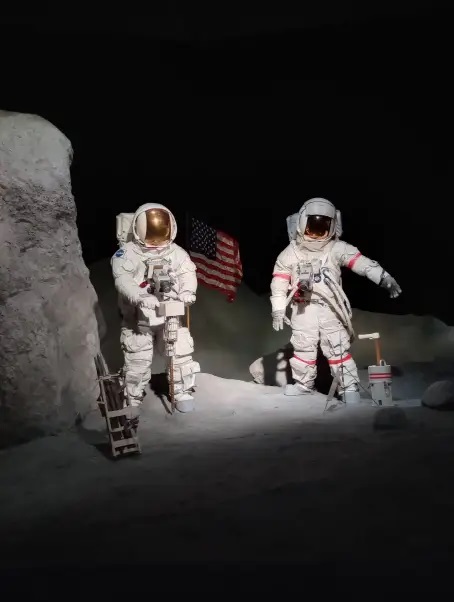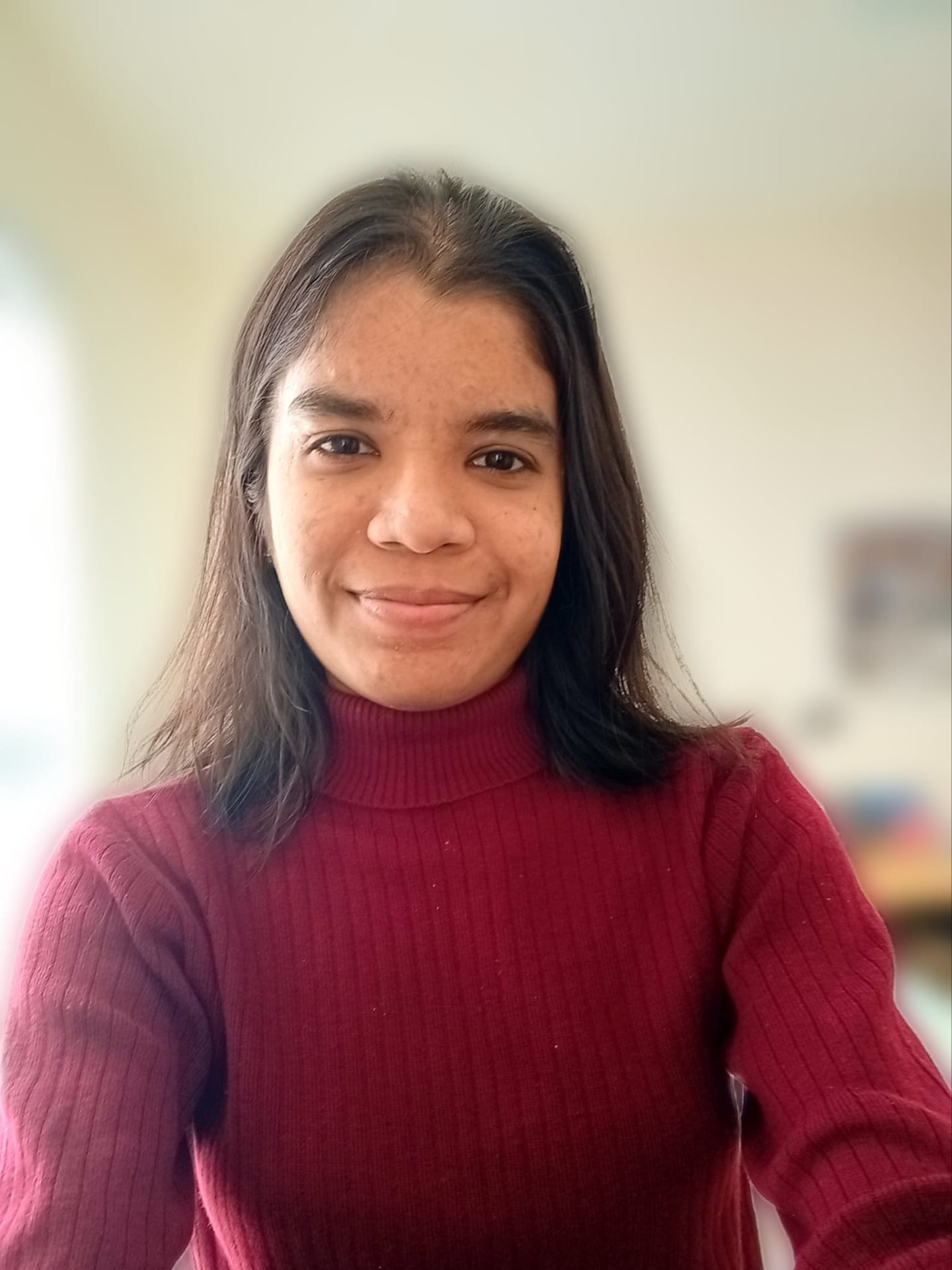October 2022

Exploring Space
Priyadarshini
Ask baby Priya what she would have wanted to be when she grew up, and she would have answered without hesitation, “Astronaut!!” Decades later, I still harbor the same dream, albeit in a different fashion.
What prompts so many of us to look up at the stars, romanticize the skies above, and fall in love with the edge of the world as we know it? There is a certain element of mystery and an aura that shrouds anything we cannot reach, and the skies, cloaked so safely away with their stars and galaxies and black holes, represents imagination, a life we wish to know more about, but probably never will in our lifetimes. Humans have always idealized escape, a means to leave our dreary lives behind, and what better diversion than the skies?
The symbols of the sky have been deep-rooted in our consciousness- the moon is our neighbor-in-crime, a way to predict tides and fasts, a symbol of hope and longing; the stars have since long been instilled in poems and songs, and find their way into hearts and souls merely by shining bright. The Milky Way has been painted on cave walls, immortalized in eons-old songs, and humans even today, unable to capture its beauty, travel to remote locations to gaze up at it in raptures. This excitement and sense of wonder has carried over for centuries and translated into space exploration of the highest degree. “Reach for the stars” is no longer a meaningless epithet. Because when there’s nothing left to explore on earth, where better to go than up?
I explored the NASA Space Center in Houston a day ago, and watching humankind achieve such scientific pinnacles was humbling, to say the least. There were scientists who had toiled away for years on the end, just to have their work validated in a few minutes, and astronauts who trained their entire lives and said their goodbyes, not knowing if they were final, to battle fear and loneliness in outer space. But why did we invest in these ventures? What was it to us if the moon had craters or not, if the planets were in retrograde, or if the stars were at the end of their lives? What did it mean if a human had stepped on the moon or bounced around on
it? To raise such questions is to question human curiosity. We have always looked to the next frontier to “conquer,” but the sheer vastness of space prevents us from doing so. Space was never meant to be seized or controlled, it’s in a league of its own. And we can only bring back moon rock, but never the whole moon (à la Despicable Me style).
Because space’s untouchable magnitude is overwhelming, we try to parse the little information we can gain through telescopes and satellites, find a little meaning in our lives by exploring our true history and how we came about, and also see how we are headed and will end in the future.
Young Priya did not care much for philosophy but knew she wanted to go up into the stars and see them up close. I later came to the realization that astronaut training is no child’s play, and required crazy good pilot experience, but that didn’t stop me from devouring every picture, essay, book and movie about space. It’s why I made a PVC tube telescope to watch the moon, braved the cold winds in the mountains to star-watch the entire night, and wrote a whole theory about black hole singularities in a frenzy after reading The Brief History
of Time by Stephen Hawking. Perhaps this deep-seated need to explore the universe stems from wanting to know more about our place in this world and see how we really “matter.”
Said Alan B Shephard Jr, an American astronaut: “When I looked back at the earth, standing on the moon, I cried.”
When we’re out in the unknown, home guides and grounds us like no other.
